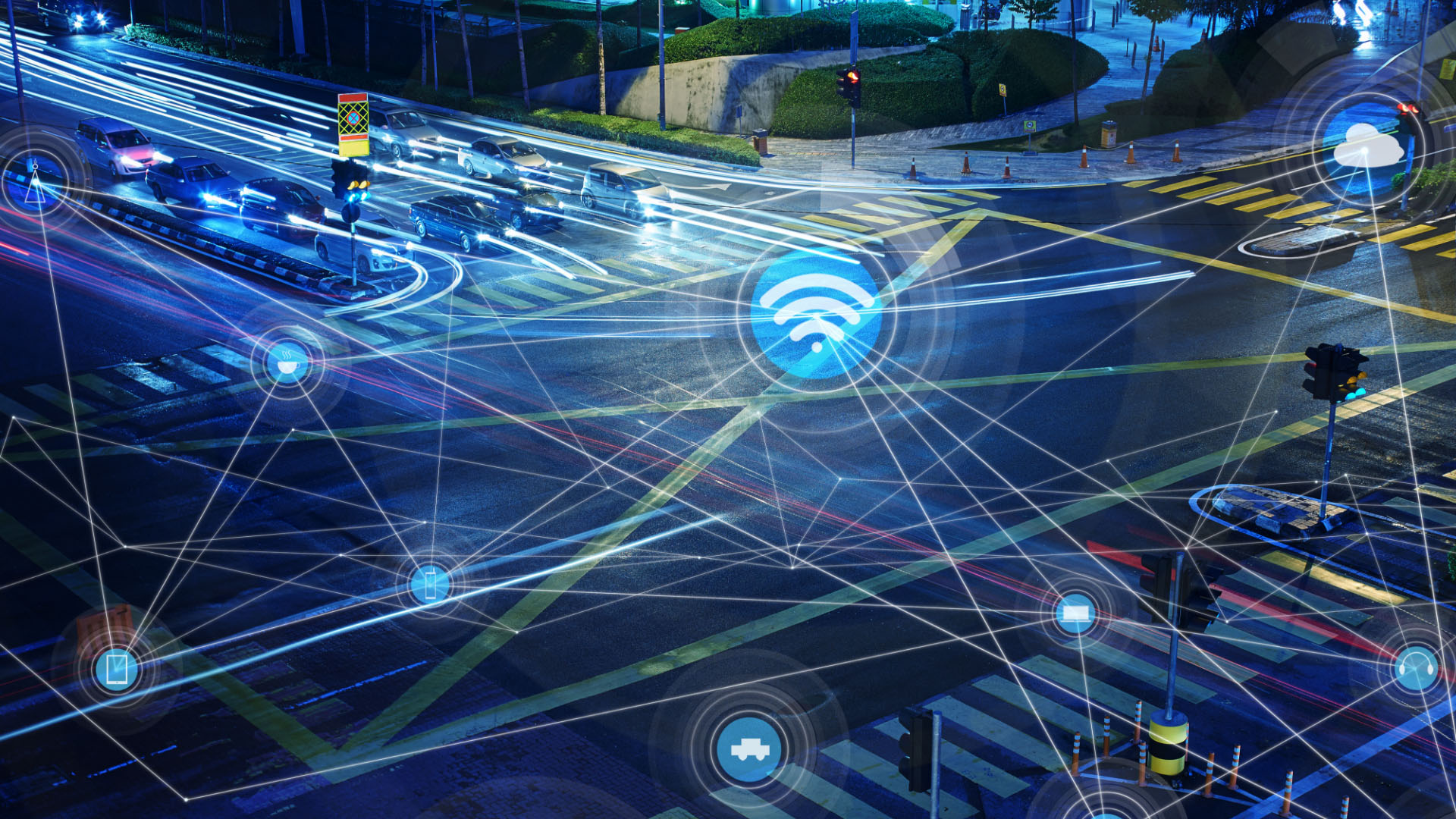What is the internet of things?
IoT technology is a collection of connected things able to communicate with one another.

The Internet of Things (IoT) is a disruptive technology that will have a major impact on many industries over the next few years. For many businesses, limiting their commercial proposition to selling products alone curbs opportunities for revenue expansion and ongoing customer engagement. They will increasingly look to “servitise” their commercial proposition by offering integrated services in conjunction with products. “Servitisation” helps to achieve a change in business model, because the business need not rely on a one-off product sale to a customer anymore, and can instead create a continuing revenue stream.
IoT technology will help enable such business transformation. For example, a tyre manufacturer may offer IoT capability in tyres so that the resulting data can be used by the tyre retailer to offer an alert service for tyre replacement and predictive car maintenance, based on insights gleaned from data points such as torque, gyroscopic rotation, vibration and other information collected in a tyre and at or near the road surface. With the advent of autonomous vehicles, such data might also be used by a vehicle to achieve energy efficiencies and enhance journey calibrations.
IoT technology will also play a part in a related trend. The technology provides a key element needed for “personalisation” of service offerings, with the object of achieving more customer engagement. Instead of offering an uncustomised, one-to-many, product or service, a business can tailor its offering on a one-to-one basis, using data about a customer’s needs collected via IoT technology to enable a more targeted, and more remunerative, marketing and sales strategy.
Servitisation and personalisation are drivers for IoT adoption that apply equally on a business-to-business (B2B) and business-to-consumer (B2C) basis. Other compelling drivers for adoption include the ability of IoT solutions to provide a business with access to real-time information and global tracking across supply chains. In the B2C context, such drivers also include access to new technologies and new applications for existing products.
IoT technology will help to enable so-called “pervasive” or “ubiquitous” computing (that is, computing that appears any time, using any device, in any location and in any format). That outcome has legal consequences.
IoT technology is a collection of connected things able to communicate with one another.
IoT platforms provide services that have, as their primary focus, the exploitation of data existing at the higher layers of an IoT ecosystem.
Addressing the economic, sectoral and geographical impacts of IoT.
Like all information technology, IoT technology is not immune from technology-related vulnerabilities.
The IoT device manufacturing industry is characterised by a relative lack of product lifecycle plan.
Considerations include privacy and cybersecurity, IP rights, liability and autonomous decision making issues, regulatory and competition, tax and litigation.
Businesses wishing to utilize IoT will need to consider a number of issues.
IoT stakeholders should be reviewing their privacy policies and terms and conditions.
